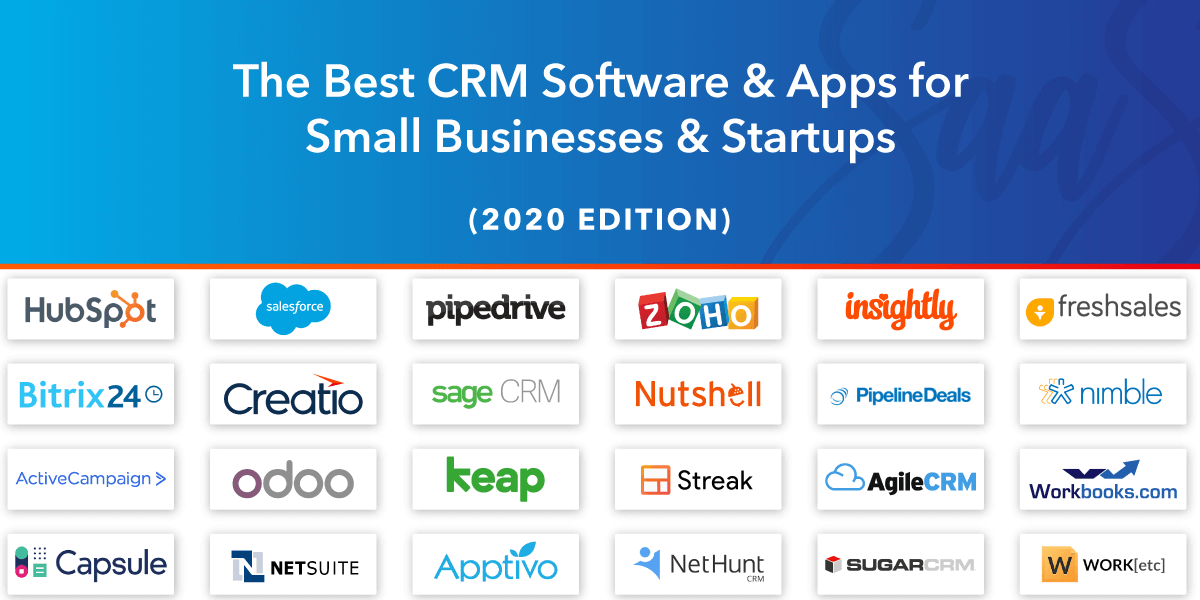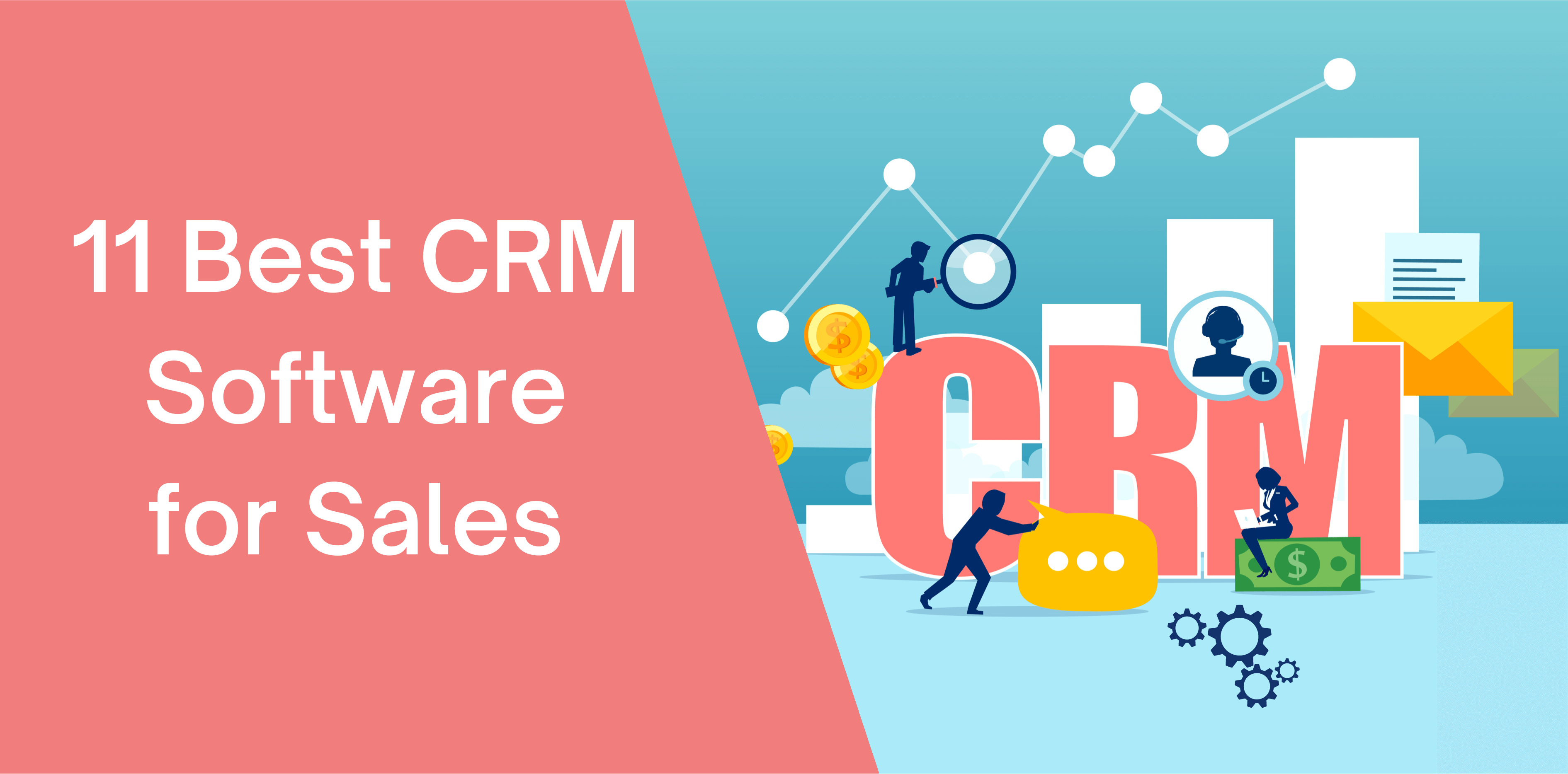The Best CRM Software: A Comprehensive Guide
Exploring the realm of Best CRM software, this introduction sets the stage for an in-depth exploration of the topic. From defining CRM software to discussing its crucial functions, readers are invited on a journey filled with valuable insights and practical knowledge.
In the subsequent paragraphs, we will delve into the key features to look for, top CRM software providers, implementation and training tips, as well as FAQs that shed light on common queries about the Best CRM software.
Overview of CRM Software
CRM software, or Customer Relationship Management software, is a technology tool that helps businesses manage interactions with current and potential customers. It stores customer data, tracks customer interactions, and automates certain marketing and sales processes. CRM software is crucial for businesses as it allows them to improve customer relationships, streamline processes, and increase sales.
By centralizing customer information, businesses can provide personalized experiences, target marketing efforts more effectively, and ultimately boost customer satisfaction and loyalty.
Examples of Industries Benefiting from CRM Software
- 1. Retail: CRM software helps retailers track customer preferences and purchase history, enabling personalized marketing campaigns and improving customer retention.
- 2. Real Estate: Real estate agents use CRM software to manage client relationships, track property listings, and automate follow-up communication.
- 3. Financial Services: CRM software in the financial industry helps manage client portfolios, track financial goals, and improve customer service.
- 4. Healthcare: Healthcare providers use CRM software to maintain patient records, schedule appointments, and send appointment reminders.
Key Features to Look for

When selecting a CRM software, it is crucial to consider the key features that will best suit your business needs. From contact management to reporting capabilities, these features can make a significant impact on your overall CRM experience.
Essential Features Every CRM Software Should Have
- Contact Management: A robust CRM software should allow you to store and organize all customer contact information in one place.
- Sales Automation: Look for features that streamline the sales process, such as lead scoring, email tracking, and sales forecasting.
- Reporting and Analytics: The ability to generate reports and analyze data is essential for tracking performance and making informed business decisions.
- Mobile Access: Ensure the CRM software offers mobile compatibility, allowing you to access important information on the go.
Customization Options Across Different CRM Software
- Some CRM software offers extensive customization options, allowing you to tailor the platform to your specific business needs.
- From customizable dashboards to unique workflow automations, the level of customization can vary greatly between different CRM solutions.
- Consider how much flexibility you need in customizing your CRM software to ensure it aligns with your business processes.
Importance of Integration Capabilities with Other Tools
- Integration capabilities are crucial for connecting your CRM software with other tools and systems your business uses.
- Integrating your CRM with email marketing platforms, accounting software, and other tools can streamline workflows and improve efficiency.
- Look for CRM software that offers a wide range of integrations to ensure seamless connectivity across your tech stack.
Top CRM Software Providers
When it comes to CRM software, there are several top providers in the market that offer a range of features and pricing options to cater to different business needs. Let's compare and contrast some popular CRM software providers based on their pricing and key features.
Salesforce
Salesforce is one of the leading CRM software providers in the industry, known for its robust features and scalability. It offers a wide range of tools for sales, marketing, customer service, and analytics
Some key features of Salesforce include:
- Customizable dashboards and reports
- Integration with third-party apps
- AI-powered insights
- Mobile access for on-the-go productivity
HubSpot CRM
HubSpot CRM is another popular choice for businesses looking for a user-friendly and affordable CRM solution. It offers a free version with basic features, making it ideal for small businesses or startups. HubSpot CRM's unique selling points include:
- Easy to use interface
- Integration with HubSpot's marketing and sales tools
- Contact management and lead tracking
- Email tracking and automation
Implementation and Training
Implementing CRM software in a company can be a game-changer for improving customer relationships and streamlining processes. However, it is essential to follow best practices to ensure a successful transition and maximize the benefits of the system.
Best Practices for Implementing CRM Software
- Define clear objectives: Before implementing CRM software, establish clear goals and objectives to align the system with your company's needs.
- Involve key stakeholders: Get input from different departments and key stakeholders to ensure the CRM system meets the needs of all users.
- Customize and configure: Tailor the CRM software to fit your specific business processes and workflows for optimal efficiency.
- Ensure data accuracy: Cleanse and migrate data accurately to avoid errors and ensure a smooth transition.
- Provide ongoing support: Offer continuous support and training to address any issues and help users fully utilize the CRM system.
Importance of Training Employees on CRM Software
Training employees on CRM software is crucial to ensure they understand how to use the system effectively and maximize its capabilities. Proper training can lead to increased productivity, improved customer service, and better data management.
Tips for Ensuring a Smooth Transition to a New CRM System
- Communicate clearly: Keep employees informed about the upcoming changes and the benefits of the new CRM system.
- Provide hands-on training: Offer interactive training sessions to allow employees to practice using the CRM software in a controlled environment.
- Offer ongoing support: Establish a support system for employees to seek help and guidance as they navigate the new system.
- Collect feedback: Encourage employees to provide feedback on their experience with the CRM software to identify areas for improvement.
Closing Summary

In conclusion, this discussion on the Best CRM software has unveiled the essential aspects and considerations when choosing the right CRM solution for your business. Whether it's understanding the significance of integration capabilities or learning about the top providers in the industry, this guide equips you with the knowledge needed to make informed decisions.
FAQs
What are the key features to look for in CRM software?
Key features to consider include contact management, lead tracking, sales forecasting, and customer communication tools.
How important is employee training when implementing CRM software?
Employee training is crucial for successful CRM software implementation as it ensures that all team members can effectively utilize the system.
Which industries benefit the most from using CRM software?
Industries such as retail, real estate, finance, and healthcare benefit significantly from CRM software to streamline customer interactions and improve sales processes.